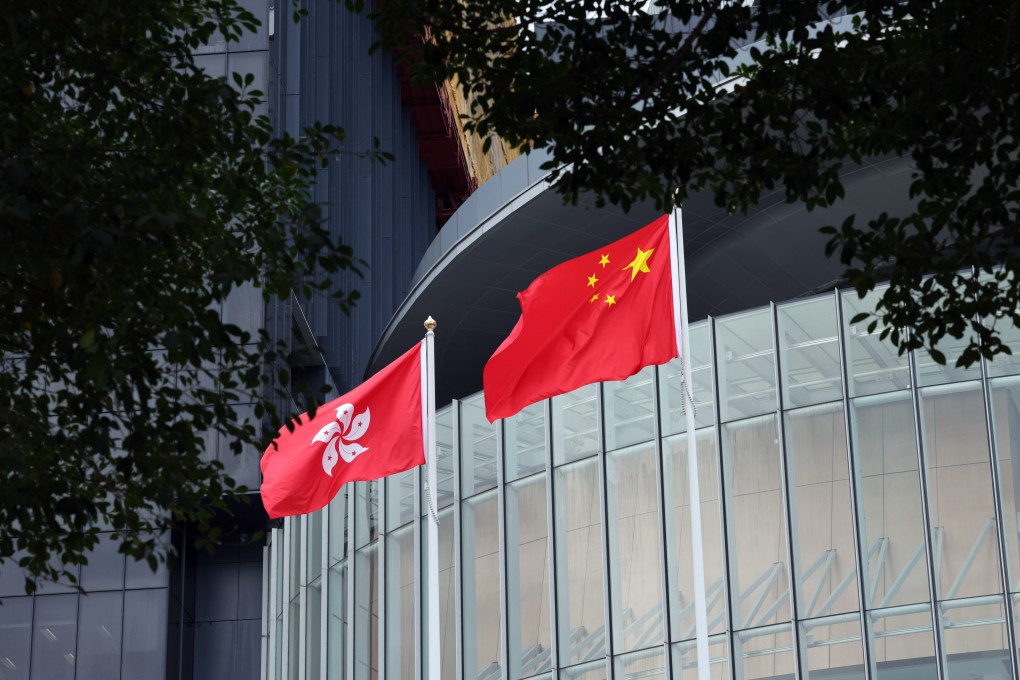Hong Kong firms ‘will see US as more difficult, risky’ if trade offices forced to close
Analysts say US bill to close Hong Kong outposts in country has high chance of becoming law, but some shrug off move as ‘highly symbolic’

Washington will inevitably send a signal that Hong Kong companies will face difficulties investing in America should a bill aimed at closing the financial hub’s trade offices in the country become law, although the move may not directly hurt the city’s economy, experts have said.
Analysts also said on Wednesday the Hong Kong Economic and Trade Office Certification Act – passed by the US House of Representatives the day before – had a high chance of eventually being signed into law by President Joe Biden amid bipartisan anti-China sentiments.
The law requires the secretary of state to review Hong Kong’s Economic and Trade Offices (ETOs) in New York, San Francisco and Washington, and strip them of privileges if they are found to operate without a “high degree of autonomy” from the People’s Republic of China.
Within 30 days of the law taking effect, the president will need to explain to Congress why the city’s offices in the US should retain or lose their diplomatic privileges. The offices must close within 180 days if the president opts for decertification.
Economist Kevin Tsui Ka-kin, co-founder and director of economic research at local think tank Pagoda Institute, said the bill was “more symbolic” than anything else.
“Closing down these offices won’t directly affect Hong Kong people investing in the US. But the market may take that as a signal that it will be more difficult and risky for Hong Kong people to invest in the US market,” he said.